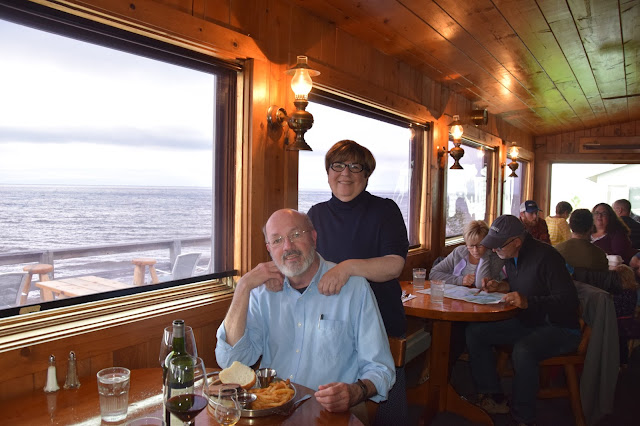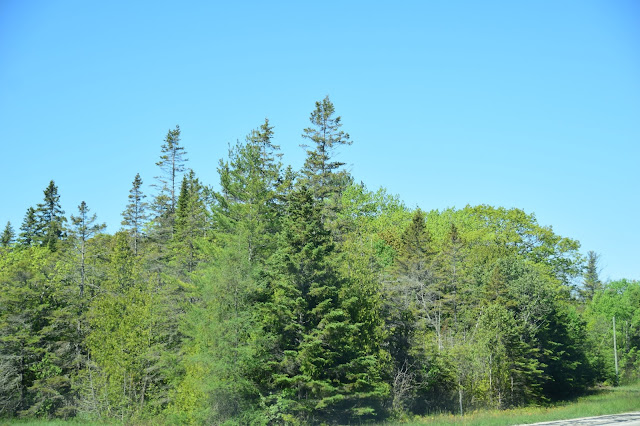 |
| Me with statue of Odon Lechner at his Church at Kobanya in Budapest |
About two years ago, I wrote a post asking
what is thenarrative of retirement? Then last year,
I asked the question again, what is the
narrative of retirement redux? I am now beginning my third year of
retirement, and I am posing the question anew.
What narrative path am I on?
Where am I headed? What is my
story? How do my days move, like a
narrative, towards something, rather than just feeling like "being one
damned thing after another.”
In Retirement Year 1 (2014-2015)--I still live by an
academic calendar—we had a series of adventures. In May, we went to the Southwest and did some
of our favorite hikes and National Parks.
Then we went to the lake, where we stayed til autumn. After we got back from Louisville, we got
ready for our trip to Budapest for three months. Then right after we got home, we went back to
the lake.
Retirement Year 2 (2015-2016) began at the lake, where we
stayed til December because a friend was renting our house for the fall
semester at UofL. So we saw some
winter. We came home to what eventually
became the Year of the Move. We bought a
condo, went to Budapest for a month (having no idea when we planned it that we
would be in the middle of a huge transition), got our house ready to put on the
market (doing a lot of what our realtor called “deferred maintenance”), cleared
out our house of 27 years of stuff (oh why did we save so much?), moved our
belongings into our new condo and took possession of said condo. I didn’t have a lot of time to worry about
the Narrative of Retirement, because I was too caught up in the Narrative of
Downsizing.
However in the fall of 2015, I made a decision that part
of my Narrative of Retirement would be writing a book about Hungarian
Architecture that I would
self-publish. I spent a lot of the
summer figuring out how to format a book for publishing online, as well as
working on an outline of the chapters, and writing the first chapter, on
Historicism. I also began the second
chapter, on Art Nouveau, but when I got back to Louisville I dropped working on
it because of all the business connected with buying and selling a home. But I am still committed to it; it is a big
part of my retirement, and this summer I will finish the Art Nouveau chapter
and begin the chapter on Odon Lechner.
Retirement Year 3 (2016-2017).
I am beginning my third year of retirement, and this is what I have
learned so far. There is not a single narrative
of retirement (I’m sure I knew this already), but lots of stories that one
lives in retirement—or any other phase of life.
In the first two years, there were a bunch of medical narratives (none
of lasting seriousness but some a pain at the time); several trips, (and as all
good narratologists know, the “road” is primary narrative structure); lots of
reading, often going on “kicks,” such as reading about climbing in the
Himalayas, Arctic exploration, head-hunting in Papua-New Guinea, American
prisoners of war in Japan, and Bog People. There was also shared reading with
Tony (Tom Jones in Y1, Ulysses Y2, and Little Dorrit coming up in Y3). Plus, of course, reading lots and
lots of novels just because.
And there is writing.
Deciding to write a book has given me an important sense of
direction. It makes my trips to Hungary
more purposive. It organizes my
otherwise rather inchoate interest in the topic. And it gives me a very strong goal. Writing has always been a mixed pleasure for
me (hate to write but love to have written), but this book is something
different. It’s not for peer-review; I
will do that myself. It’s not just for
pleasure, as it offers to tell an accurate history, but it is a pleasure. And
for me, it is a kind of necessity: as I really need a goal and I need to have
writing in my life.
I have also learned that I love being retired. I am so lucky that I have one wonderful
dissertation student left, but that’s enough for me. Higher education is changing so much
everywhere, including Kentucky, UofL and the English Department, but I was lucky
enough to have a career during a relatively stable time (aside from the
inevitable budget crises): I knew what I
was expected to do, and I knew how to do it
I don’t think young academics today are as lucky as I was. I love the freedom retirement brings.
What’s up for Year 3?
5-ish months at the lake. Meeting
my family for Thanksgiving and going to see Hamilton
in Chicago. Another trip to Budapest in
February (research!). Settling into life
in a condo (and finishing unpacking boxes).
Learning what it’s like to be in Louisville. (I still haven’t quite figured out what the
Narrative of Retirement will feel like there).
And of course other stories yet to be realized.
#Retirement
#NarrativeOfRetirement

















